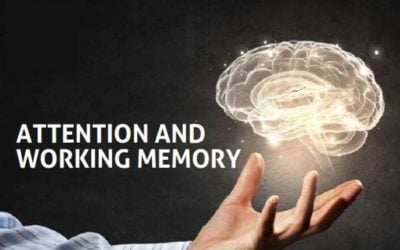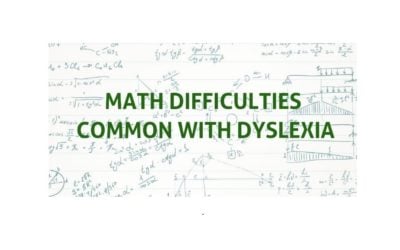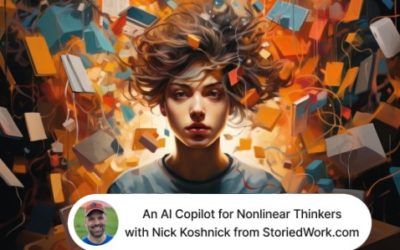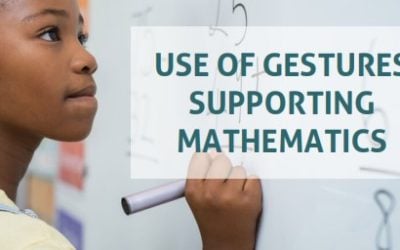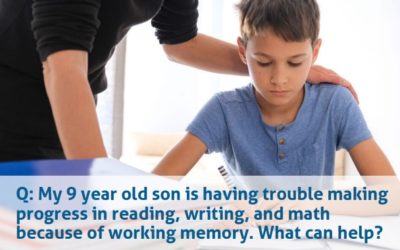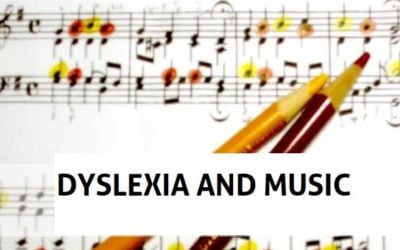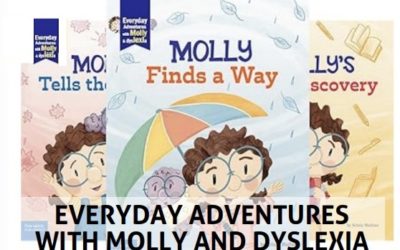The problem with trying to diagnose with behavioral checklists is that behavior can result from many different sources. If you have a 3rd grader trying to focus on reading, but he looks out the window and doesn't make much progress - is it poor attention, working...
Ottawa Architect Andrew Reeves of Linebox Studio
“It’s a different way of seeing the world and it’s very powerful. What I want to get across is it’s more of a gift. It’s not a struggle. It’s not a disease. It’s not a thing that prevents you from doing well in life.” — Andrew Reeves, Architect and CEO of Linebox Studio It took a card game on a vacation to make Andrew Reeves realize that he was dyslexic at the age of 42. A comment from a friend put him on a journey of discovery and now he is aware of the skills and the mindset that he has due to being dyslexic.
From CBC News: “What was your experience as a kid? It was frustrating. Obviously, our school system, […]What to Do This Summer?
What should you do this summer? The answer depends a lot on you and your students. Summertime is a great time for families because it usually means getting out and about and getting together with friends and families. For students who may have been spending so much of their days in classrooms, it’s time for discovering and creating new things and exploring – either through travel or closer to home. It is also a time to find some clever way to keep up with the gains in reading, writing, math, or some other tough subjects over the past school year.
Sometimes we’re asked about summer programs specifically designed for dyslexic students – and sometimes a program like this might be a good thing […]Paul Stankard: Glass Artist
“I loved being innovative and I loved discovering new ways to interpret the flowers…you have to solve one technical problem after the other….pay attention…and follow what is interesting to you…” — Paul Stankard, Master Glass Artist Paul Stankard is a pioneer in glass art and his works can be found at the Smithsonian, Metropolitan Museum of Art, the Louvre, and Corning Museum of Glass among others. When he struggled in school with unrecognized dyslexia, he just thought he was stupid. It wasn’t until he was around the age of 27 that he heard then decathlon winner Bruce Jenner talk about his struggles in school that Paul recognized that he was dyslexic too.
Paul’s father was a chemist and he and his mother […]Question: How Do You Help Stealth Dyslexia?
Stealth dyslexia is a term we coined almost 20 years ago to describe dyslexic students who could “fly under the radar” of detection because of compensatory strengths. These students may be “stealth” because they can silently read passages, and comprehend the essential points, but have weak single word decoding and reading fluency when asked to read aloud. Among stealth dyslexics, writing and spelling may be greater challenges than reading. What these students needs depends on which combinations of challenges are the most prominent at any time. Because many students are also gifted, IQ testing can identify strengths and direct placement in advanced classes or subject differentiation in addition to other academic needs. COMMON CLASSROOM DIFFERENTIATION NEEDS FOR STEALTH DYSLEXICS – Intellectual challenge at the level […]
Math Difficulties Common with Dyslexia
Although the pace of research into dyslexia beyond reading proceeds very slowly, there is some welcome recent research into some of the math challenges that are associated with dyslexia from the University of California. Some of the key findings of the study: – development of a new test – a Mathematical Cognition Battery – 66% or 2/3 of dyslexic students had math difficulties – even those dyslexic students who were identified as having “no challenges in mathematics” , had weaker math approximation abilities than the typically developing group – the battery assessed students on 4 mathematical areas: number processing, arithmetical procedures, arithmetic fact retrieval, and geometrical abilities – dyslexic students who scored poorly on number processing (13%) , tended to score poorly on other […]
A Day in the Life of a Creative Director: Guy Cornet
“It was my dyslexia that made me who I am today.” — Guy Cornet, Creative DIrector Free Partners Creative director Guy Cornet recently reflected on his dyslexia in a recent post on Creative Bloq. It made me listen It made me relate It made me hungry It made me fair It made me think It made me understand people It made me passionate It made me have doctors handwriting It made me a creative From the interview: “A lot of neurodivergent individuals have found solace in the creative space. This is a place that has been built for people who think differently. And the industry needs fresh outlooks to stay ahead of the curve…
Being dyslexic, I found it extremely stressful working […]Nick Koshnick: StoriedWork.com An AI Co-Pilot for Non-Linear Thinkers
Nick Koshnick is a Stanford PhD and seasoned entrepreneur who raised money from companies like Google and Andreessen, and then sold the company.. He's also dyslexic. Now, he's co-founded StoriedWork.com with business partner Frank Corrigan. Storied has been nicknamed...
Use of Gestures Supporting Mathematics
There’s an interesting paper by Hord and colleagues that showed how a secondary math teacher supported a student with LD and math anxiety using gestures. Gestures can sometimes be used to help remember and retrieve math actions and relationships in long-term memory. Gestures are like kinesthetic activities in Orton-Gillingham / structured literacy programs.. One example of a gesture is using a twisting motion in association with multiplying by a reciprocal.
Here’s another gesture that a teacher or tutor can use when multiplying equations: In the beginning, a student can work with color-coded arrows – but also air write over them before performing calculations; later when they encounter the problem on a test, having used such gestures can remind them of the spatial steps […]What Can Help with Working Memory Limitations?
Q: My 9 year old son is having trouble making progress in reading, writing, and Math because of working memory. What can help? Working memory is a type of memory that allows us to temporarily hold information ‘in mind’ to be used for other cognitive tasks. Some people refer to it as a ‘sticky note’ like remember a phone number when taking a message or directions when someone tells you where you need to go.
WORKING MEMORY LIMITATIONS AFFECT READING, WRITING, AND MATH Working memory limitations can affect reading, writing, math, and really all types of learning because if too much information is presented at once, students can lose their place, forget what’s been said, and experience what experts call “cognitive overload”. […]Dyslexia and Music
“I’m dyslexic, so the notes just jump out at me. It’s the same with words too. That’s why the Key Editor in Cubase is the best thing for me as I see things in shapes and colors.” — Grammy Award-winning composer producer Lorne Balfe Here in the United States, it’s pretty uncommon to hear about dyslexia and music from the research community, but for some it’s a huge part of their lives and challenges (especially with music reading) have been noted by many. LOVING MUSIC BUT DIFFICULTY READING BY SIGHT Just as as some people love listening to stories, but avoid reading print books, many dyslexics love listening or playing music by ear but struggle with reading by sight; some may not be able to […]
Krista Weltner’s New Children’s Books: Everyday Adventure with Molly and Dyslexia
Krista's 3-book series, Everyday Adventures with Molly and Dyslexia is now available in bookstores and online shops! These books are a wonderful way to talk to young children about dyslexia, the importance of self-advocacy, self-acceptance, and discovery of dyslexic...

